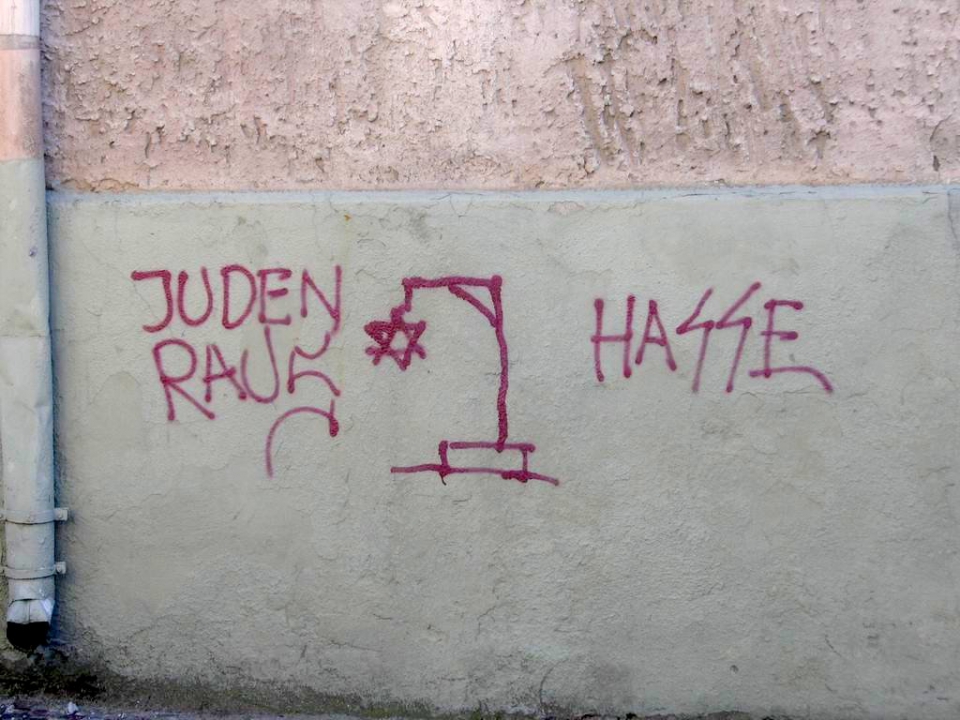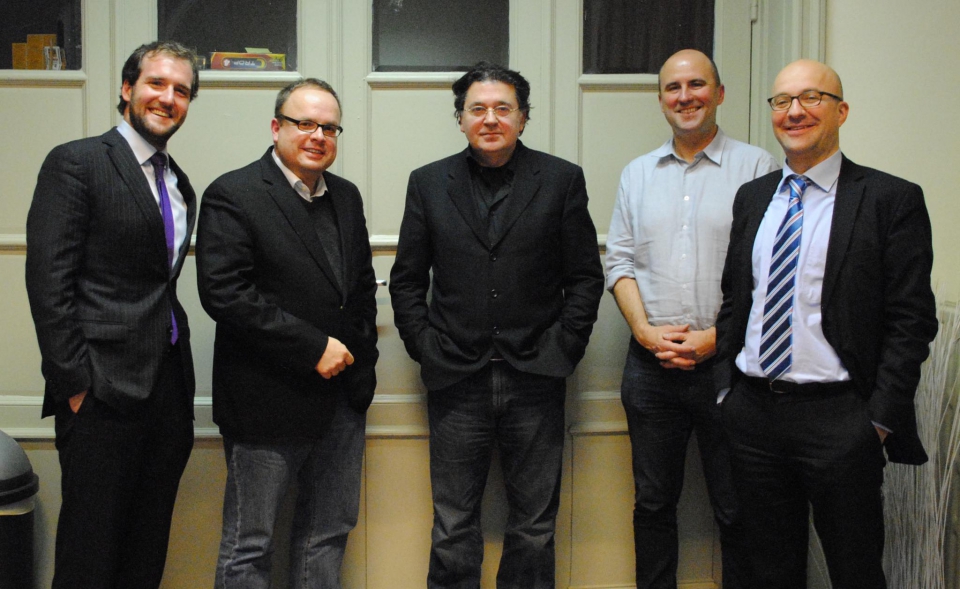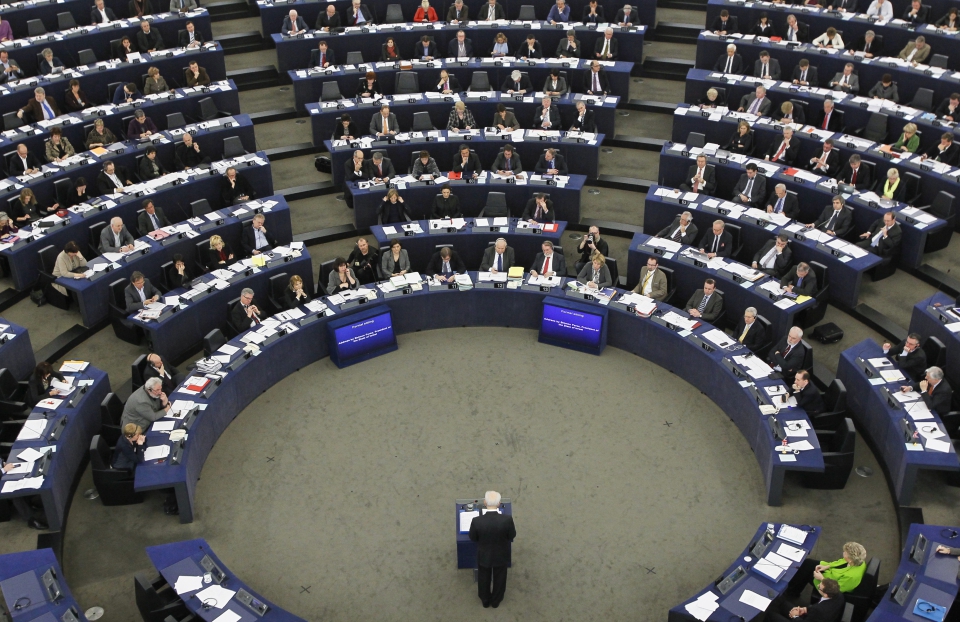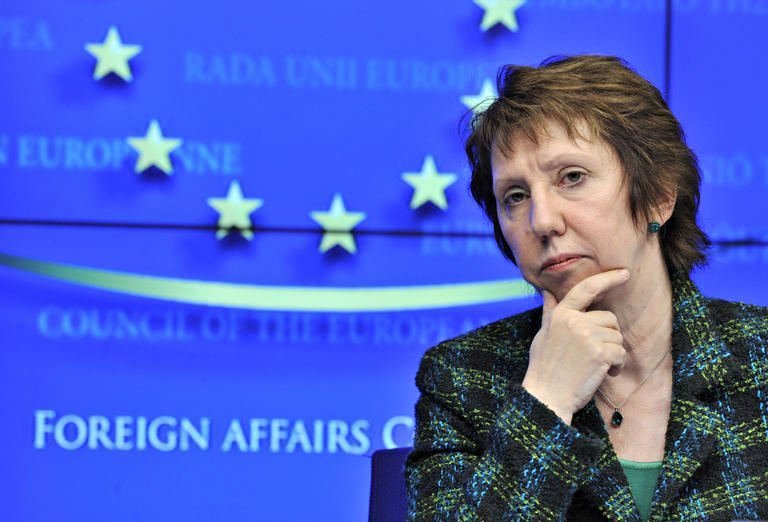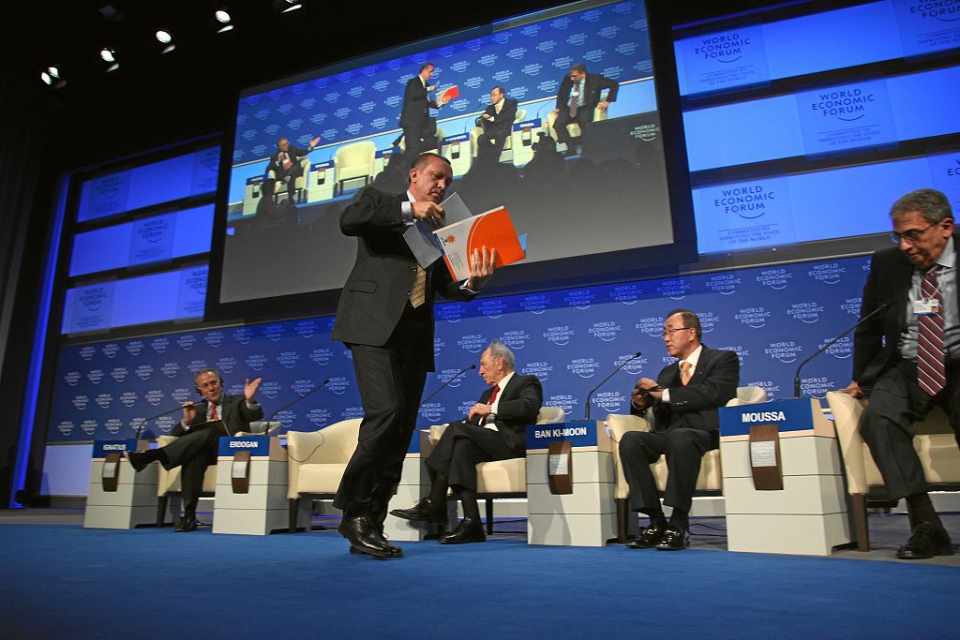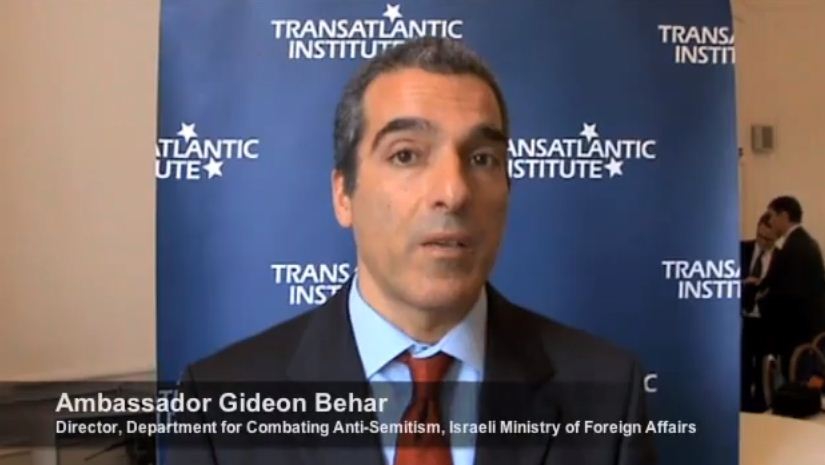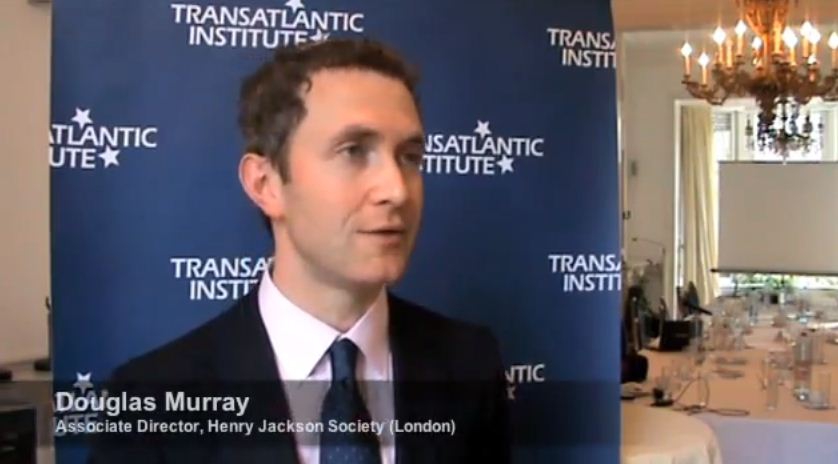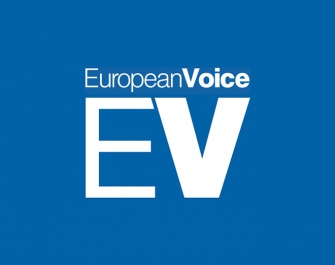Analysis
‘Anti-Zionism’ Threatens Europe’s Jews
This piece originally appeared in The Wall Street Journal.
‘Anti-Zionism isn’t the same as anti-Semitism,” we keep hearing. A new study suggests that for Jewish Europeans, the distinction is without a difference.
The European Union Agency for Fundamental Rights polled some 16,500 Jews in 12 countries that account for 90% of the EU’s Jewish population. Eighty-five percent say anti-Semitism is a problem in their country, and 28% report having experienced anti-Semitic harassment in the preceding 12 months—including 37% of those “who wear, carry or display items in public that could identify them as Jewish.” As a result, 34% avoid visiting Jewish events or sites, and 38% have considered emigrating.
Those who reported being harassed were asked to describe the perpetrator of the most serious incident. Only 13% said it was “someone with a right-wing political view,” compared with 30% who cited extremist Muslim views and 21% left-wing political views.
Respondents were asked about anti-Semitic statements they heard online, in other media and at political events. The most common one, which 51% said they hear “frequently” or “all the time,” was “Israelis behave ‘like Nazis’ towards the Palestinians”—a claim that demonizes the Jewish state while diminishing the crimes of real Nazis.
The leftist counterargument is that anti-Zionism is a legitimate political position that has nothing to do with anti-Semitism. But anti-Zionists discriminate against the Jews alone among the peoples of the world and call for the Jewish state’s economic, cultural and academic boycott. What sense would it make to say: “I don’t think Ireland has a right to exist, but I’m not anti-Irish”?
Anti-Semitism has been likened to a virus that adapts to changes in society. What may have started with the accusation of “Christ-killer” morphed to socioeconomic “justifications” for Jew-hatred. In the late 19th century, racial theories provided pseudoscientific “evidence” of Jewish inferiority. The medieval libel of “Jews poisoning the wells” turned into “Zionists poison Palestinian water.” The 19th-century German politician Heinrich von Treitschke said “the Jews are our misfortune,” which the Nazis later picked up. The sentiment finds its modern equivalent in, “The world would be a better a better place without Israel.” A third of the respondents in the EU poll said they hear that frequently or all the time.
Last Thursday the bloc’s justice and home-affairs ministers unanimously approved a declaration designed to tackle all sources of anti-Semitism. They endorsed the International Holocaust Remembrance Alliance Working Definition of Anti-Semitism, which specifically includes as examples denying Israel’s right to exist or holding Jews responsible for Israel’s actions, real or imagined.
Far leftists—including Jeremy Corbyn, leader of Britain’s Labour Party, pick up traditional anti-Semitic tropes, replace “Jews” with “Zionists,” and deny anti-Semitism. The European Union sees through this obvious deception.
Daniel Schwammenthal is director of the AJC Transatlantic Institute in Brussels.
